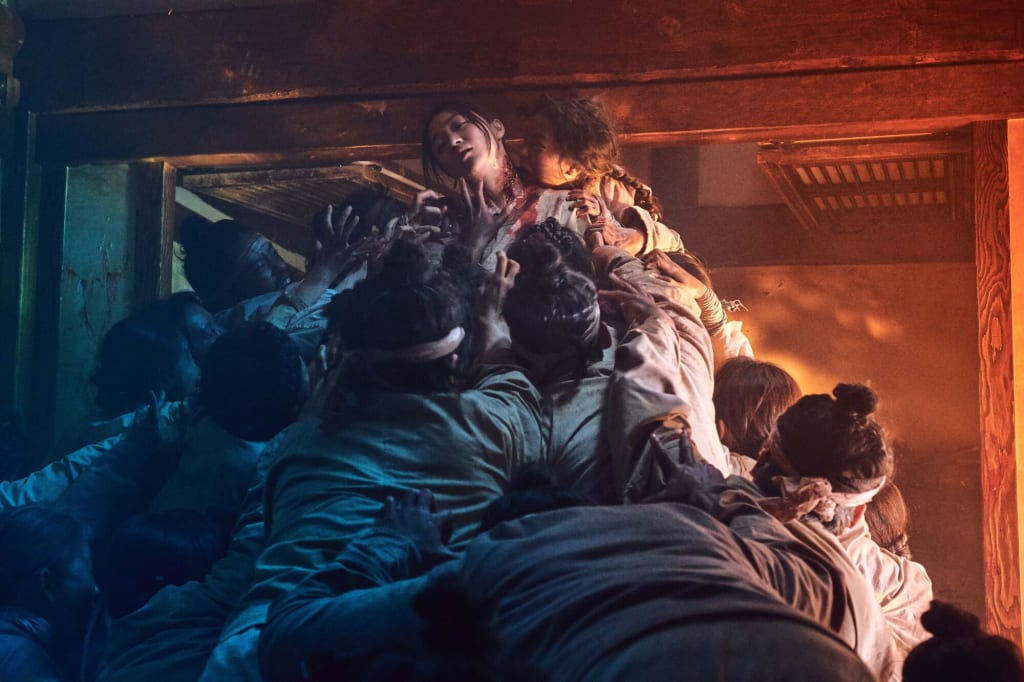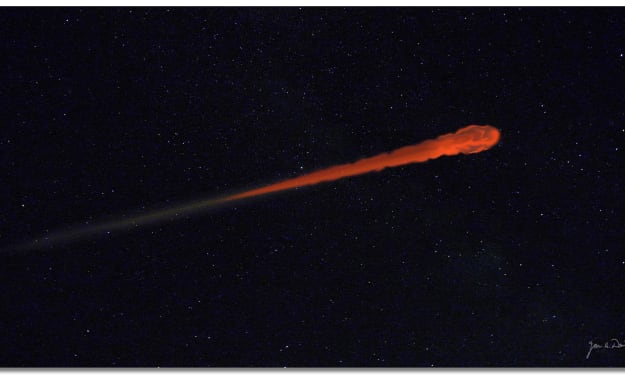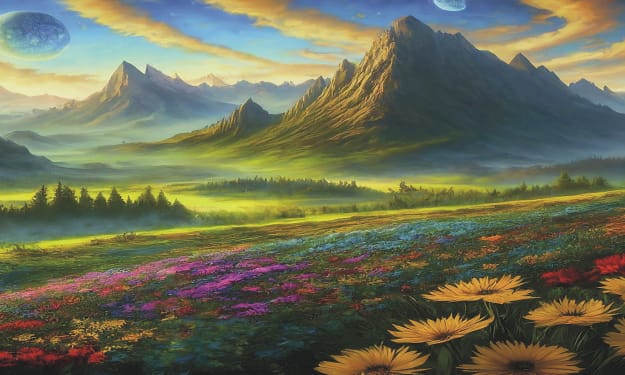
AN INTRODUCTION:
Zombies are a type of fictional creature that have gained immense popularity in movies, TV shows, and video games. They are often depicted as reanimated corpses that have risen from the dead due to a virus or other unknown causes. Zombies are typically portrayed as slow-moving and mindless creatures that feed on the flesh of the living.
The origins of the zombie myth can be traced back to African and Haitian folklore, where they were believed to be undead beings that were controlled by voodoo priests. In modern times, zombies have become a cultural phenomenon and are often associated with themes of survival, apocalypse, and horror.
The portrayal of zombies varies in different media, but some common characteristics include pale skin, tattered clothing, and a hunger for human flesh. In some depictions, zombies are shown as being able to infect others through bites or scratches, leading to a rapid spread of the zombie virus.
The popularity of zombies has led to a subculture of zombie enthusiasts, with zombie-themed events, festivals, and merchandise. Some people even prepare for a hypothetical zombie apocalypse by stocking up on supplies and learning survival skills.
While zombies are purely fictional, they continue to capture the imagination of many people around the world and remain a popular subject in popular culture. I can assure you that there is no real "zombie virus" that has been discovered or is currently in existence. Zombies are purely fictional creatures that are commonly depicted in movies, TV shows, and video games. While there are real-world diseases and viruses that can cause symptoms similar to those of zombies, such as rabies or certain types of encephalitis, these illnesses do not reanimate the dead or create actual zombies. It's important to remember that zombies are purely fictional and should not be a cause for concern in the real world.Zombies are dangerous to humans in popular culture because they are often portrayed as being relentless and aggressive in their pursuit of human flesh. They are typically shown as having no regard for their own safety, as they continue to move towards their intended prey even after sustaining significant injuries. In many depictions, zombies are also shown as being contagious, able to spread the zombie virus through bites or scratches. This creates a sense of urgency and panic among survivors, who must not only defend themselves against individual zombies but also work to prevent the spread of the virus. Additionally, zombies in popular culture are often shown as being able to overpower humans due to their sheer numbers, making it difficult for even well-armed and organized groups to defend themselves. Overall, zombies are seen as a significant threat to humans in popular culture due to their relentless pursuit, contagiousness, and ability to overwhelm even the most prepared defenders.
lets get into story:
"Night of the Living Dead" is a classic horror film released in 1968, directed by George A. Romero. The film tells the story of a group of people who are trapped inside a rural Pennsylvania farmhouse as they are besieged by reanimated corpses that have come back to life and are hungering for human flesh.
The main protagonist of the story is a man named Ben, who is played by Duane Jones. Ben finds himself trapped in the farmhouse with several other people, including a young couple, a teenage girl, and an older couple. The group works together to try to fend off the zombies, but tensions begin to rise as they realize that their situation is becoming increasingly dire.
As the night wears on, the group must fight to survive against a seemingly endless horde of zombies. They board up the windows and doors, but the zombies keep coming, seemingly unstoppable in their pursuit of human flesh. Inside the house, tensions escalate as the group struggles to come up with a plan to escape.
One of the most memorable scenes in the film occurs when Ben is forced to kill his own friend, who has been bitten and is slowly turning into a zombie. This moment highlights the emotional toll that the zombie apocalypse is taking on the survivors.
Ultimately, the film ends with a bleak and shocking twist. Ben, who has survived the night, is mistakenly shot by a group of rednecks who have come to "clean up" the area. As the film closes, his body is thrown onto a pile of burning corpses.
"Night of the Living Dead" is widely regarded as a classic of the horror genre, and its influence can be seen in countless other works of horror fiction. Its portrayal of a group of survivors fighting for their lives against a horde of mindless zombies has become a staple of popular culture, and the film's ending remains one of the most shocking and memorable in horror history.
The film's depiction of the zombie apocalypse as a metaphor for social issues such as racism and conformity has also been widely discussed and analyzed.
Despite being low-budget and relatively simple in its storytelling, "Night of the Living Dead" remains a powerful and influential work of horror cinema. Its influence can be seen in countless other films, TV shows, and other works of fiction, and it remains a beloved classic among horror fans.
The film has also spawned numerous sequels and remakes, including Romero's own "Dawn of the Dead" and "Day of the Dead," as well as Zack Snyder's 2004 remake of "Dawn of the Dead."
Overall, "Night of the Living Dead" is a groundbreaking and influential work of horror that has had a lasting impact on popular culture. Its depiction of a small group of survivors fighting for their lives against a seemingly unstoppable horde of zombies has become a timeless and enduring archetype of the genre.





Comments
There are no comments for this story
Be the first to respond and start the conversation.